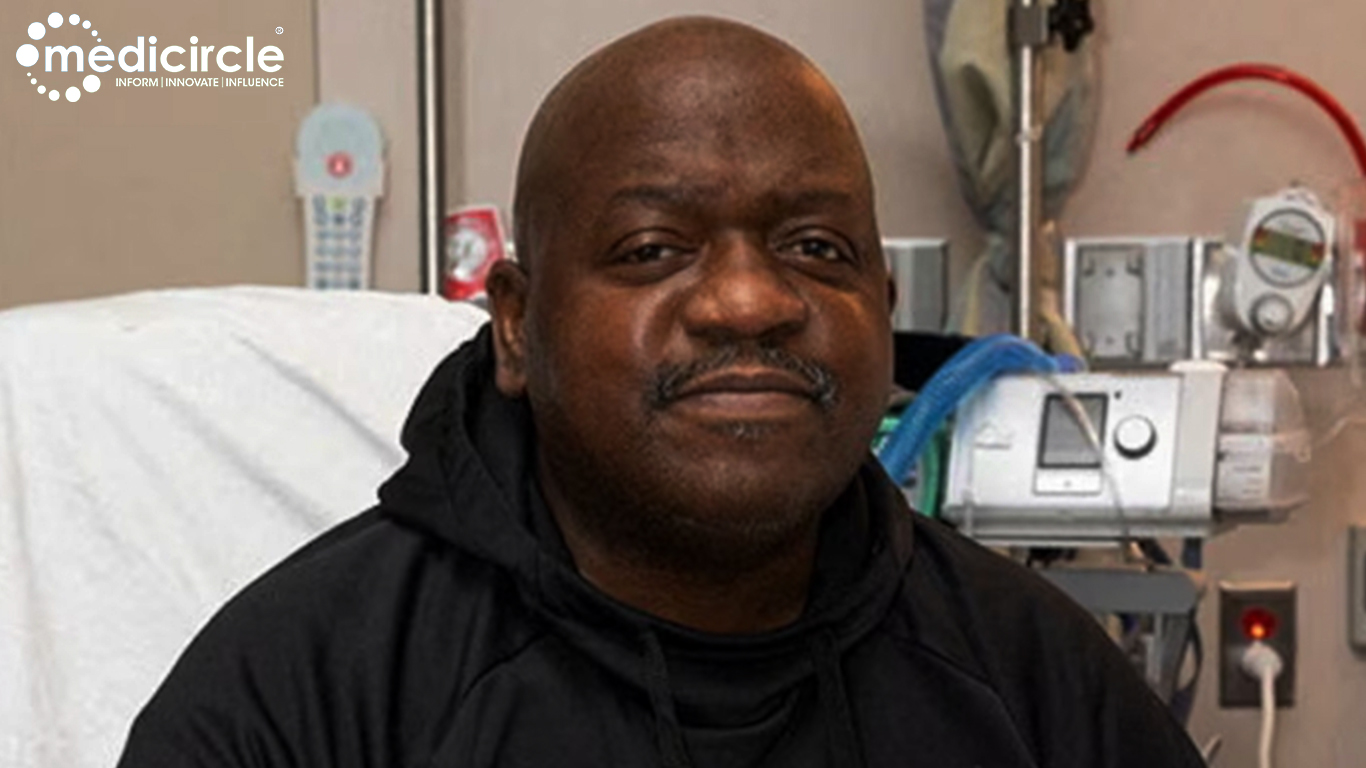South Korean specialists have discovered certain basic conditions that may make some COVID-19 patients all the more seriously influenced by the infection, an educator at Yeungnam University Medical Center said on Wednesday.
The discoveries could assist specialists with recognizing and organize high-chance patients at the beginning time of the respiratory illness brought about by the novel coronavirus, Ahn June-hong, teacher of interior medication, told Reuters.
Clinical specialists and disease transmission experts are researching hazard factors for patients who create extreme instances of the illness, which has executed more than 400,000 all-inclusive since it originally rose before the end of last year in China.
In a paper distributed by the Journal of Korean Medical Science on June 2, Ahn and other South Korean specialists composed that diabetes, high internal heat level, low oxygen immersion, and prior heart injury were demonstrated to be the prognostic components for extreme COVID-19.
The group of specialists watched 110 coronavirus patients at a medical clinic in Daegu, the focal point of South Korea's episode, from February 19 to April 15.
Of the 110 patients in the Yeungnam University Medical Center, 23 built up an extreme instance of COVID-19.
Since such patients were essentially more established than others, they were bound to have diabetes and lower fringe oxygen immersion, the paper said.
The coronavirus patients within any event three of the four prognostic components created extreme conditions, Professor Ahn said.
"I think utilizing prognostic variables of extreme COVID-19 patients will give a chance to doctors to offer those hazard high patients with the best clinical consideration from the beginning period of the illness," he said.
Starting at 12 PM on Wednesday, South Korea announced 45 new cases, carrying the nation's aggregate to 11,947, with 276 passings.
An aggregate of 50 new COVID-19 cases, including 43 neighborhood contaminations and two fatalities, were accounted for by the Korea Centers for Disease Control and Prevention, raising the nation's general tally to 11,902 with 276 passings.
As indicated by Yonhap News Agency, the spray in diseases came following two days of under 40 cases.
With 40 of the new neighborhood diseases, Seoul stays at the focal point of the flare-up, and specialists are thinking about monumental stricter social separating rules in the thickly populated region, the report said.
Harder isolate measures have just been executed in the capital region, which will stay set up until June 14.
Specialists are cautioning that South Korea may need to move back to exacting social separating if infection cases don't die down, the report included.
In the meantime, official information discharged on Wednesday demonstrated that South Korea's joblessness rate flooded to a 10-year high in May, as the pandemic pounded work markets.
The joblessness rate remained at 4.5% a month ago, denoting the most elevated level since January 2010, Yonhap detailed.
No nearby cases in China
Three new COVID-19 cases were accounted for in China on Wednesday, raising the nation's aggregate to 83,046.
The National Health Commission said each of the three patients as of late made a trip to China, taking the number of imported cases to 1,786.
A sum of 1,732 of these patients was relieved and released from medical clinics, the authority said.
There were no more fatalities in the nation, keeping the loss of life at 4,634.
Since developing in Wuhan, the capital of China's Hubei area, last December, the infection has asserted more than 411,600 lives in 188 nations and locales. The US, Brazil, and Russia are at present the world's most noticeably awful hit nations.
More than 7.25 million cases have been accounted for around the world, while recuperations are currently over 3.38 million, as per figures incorporated by the US-based Johns Hopkins University.

 The findings could help doctors identify and prioritize high-risk patients at an early stage of disease caused by a coronavirus, Ahn June-hong said.
The findings could help doctors identify and prioritize high-risk patients at an early stage of disease caused by a coronavirus, Ahn June-hong said.

























.jpeg)






